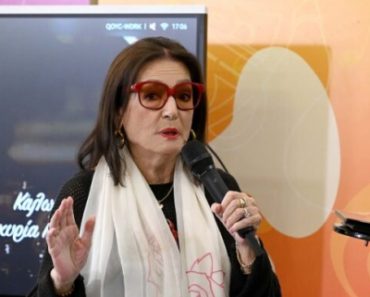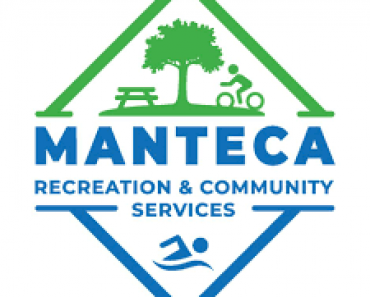Christy Bening works to bring a dead language to life in her classroom at the Columbus Academy. As she helps her students prepare for a Latin test, she connects Roman mythology to Harry Potter.
“Salazar, Slytherin and all those guys are based on Sisyphus,” she said, standing beside her classroom’s walls graffitied with Latin phrases. “Voldemort, why? Because he wants to cheat death.”
While they review, the class discusses Hercules and a Netflix show modeled after Greek mythology. These pop culture connections get students excited to learn about the Trojan War, Bening said. She wants to cultivate that enthusiasm, so that some students continue studying Latin in college.
“The layering that kids who studied classics and Latin, the kind of depth of understanding of things is, is real. And I think that enhances their understanding of all sorts of stuff, English, history,” Bening said.

Kendall Crawford
/
Ohio Newsroom
Educators across the state share this belief. That’s why Latin and Greek educators are congregating in Columbus this weekend to celebrate the works of Virgil, Homer and Sophocles. The Ohio Classical Conference (OCC) meets every year to honor archaic languages, literature and art – in hopes of making the ancient world more accessible.
The fall of humanities
The group of Ohio educators has been meeting annually for more than a century. In that time, shifts in focus at higher education institutions have limited options for studying the classics, said Tim Wutrich, Greek and Latin professor at Case Western Reserve University and OCC president.
“Humanities programs are always under threat these days,” Wutrich said.

Kendall Crawford
/
Ohio Newsroom
Classics programs across the country struggle with declining enrollment. In Ohio, Miami University and Ohio Wesleyan University have consolidated their classics programs. Nationally, some people argue classical education doesn’t have the same value as its STEM counterparts.
The OCC wants to reclaim their relevance, said Wutrich.
“The focus on everything from grammar and literature to history and civilization in the ancient world and all of its aspects can so easily be applied to any modern field,” Wutrich said.
Passing the torch
The OCC aims to create a pipeline for young students to see the classics as a viable academic pursuit. Each year at its conference, Ohioans with PhDs in ancient civilizations connect with the high school juniors making their way through the Aeneid in Bening’s classroom.

Kendall Crawford
/
Ohio Newsroom
The weekend-long event invites high school students, college kids, high school teachers and professors to read Greek plays together, compete in trivia contests and hear from scholars around the country.
The idea is “to show the fun that we can have with learning a foreign language, Greek or Latin, and a subject that’s traditionally been seen as elitist,” Wutrich said. “The new mood in classics is to try to be more open, more welcoming.”
Engaging students

Kendall Crawford
/
Ohio Newsroom
Part of that is reimagining how to teach it. One of the conference’s keynote speakers is Jessie Kraft, an educator who’s gone viral by recreating scenes of Roman history entirely in Latin with the video game Minecraft.
This blend of the contemporary and classical is exactly what the ancient language needs, said Elise Gursahaney, another Latin teacher at Columbus Academy.
“The more you can visualize it, the more you can turn it into something that they play with, and there isn’t a fear of playing with it, the more accessible it becomes,” Gursahaney said.
That’s the case for high school junior Max B., a Columbus Academy student whose last name was withheld due to a school privacy policy. He said he was interested in mythology after reading the Percy Jackson series. Now he’s considering studying Latin in undergrad.
“There’s so many other things that I’ve learned about that we don’t really think about that are like, everywhere around us,” he said.






